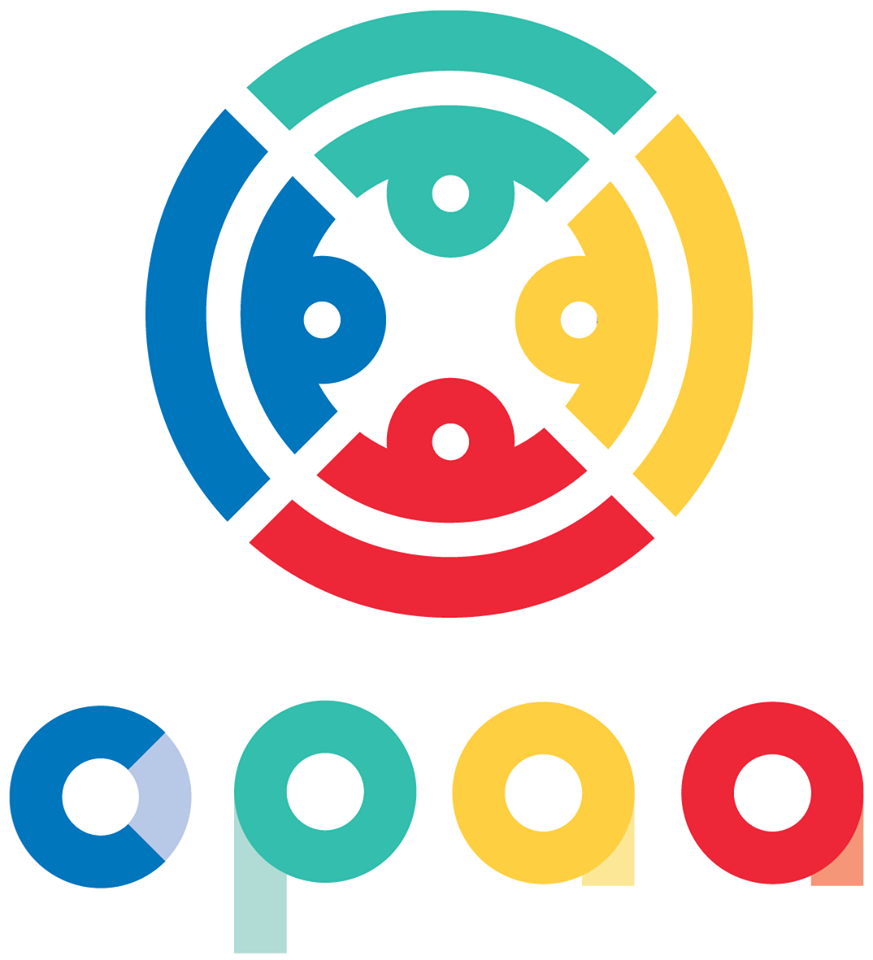"The COVID pandemic has been blamed for exacerbating inequities in our schools and students falling through the cracks. There’s some truth to that, but the larger problem is our school system has long been underserving our students, particularly our Black and Brown children," writes David C. Banks, president and CEO of the Eagle Academy Foundation in an editorial in the New York Daily News.
AFSA has been on Capitol Hill and around Washington, D.C., echoing these same words. "Our schools are broken, full of inequities, and just going back to the way things were is not a solution," said AFSA President Ernest Logan in letters and discussions with congressional and Biden administration staff. "Unless we address the underlying issues, inequities will continue."
According to Logan, Banks' thinking is the mindset we need to start putting in place if we are going to really educate all children.
Banks writes:
"Our schools are about to receive more money than ever before, thanks to the American Rescue Plan and a New York State budget that finally fulfills the Foundation Aid formula, through which the state owes billions in additional dollars to our schools. We finally have the ability to do more than we’ve been able to do for decades.
"We must not fall into the trap of doing more of the same. We have never had a better opportunity, nor a more pressing need, to reimagine our school system.
"As an educator with over three decades of experience and a product of New York City public schools, I have talked with thousands of families, students and educators about the need for a system that doesn’t just produce winners and losers but actually gives all children the ability to succeed. At the Eagle Academy schools, I have seen how our students have risen to the challenges presented to them over this past year, proving they can and are ready to learn in innovative ways.
"In order to provide the high-quality education that New York City’s children have the right to receive, we must channel this new surge of resources into rethinking how students experience education.
"First, it’s critical that we sustain and scale best practices from across the school system. There are amazing things happening in district-run public schools as well as charters. Educators should be collaborating and sharing our best strategies across sectors. We must be intentional about creating one system that serves all children and eliminate the politics that divide us.
"Second, teachers should be given time to help students explore issues relevant to their lives, their communities and their future, such as climate change and the importance of voting. By tackling these issues, we create an environment where kids are meaningfully engaged, intellectually curious, action-oriented and on fire to learn. This way, our students will become engaged citizens, informed voters and critical thinkers who develop proactive solutions to the problems that affect their communities and their generation.
"Third, corporate and government partners must be leveraged to broaden student exposure opportunities. Our students will be what they see; it is much easier to imagine becoming an investment banker if you have actually met one. With additional resources, we can create model experiences that activate the power of possibility, like taking students on tours of Google’s campus or enable them to manage their own investment portfolios. These are the kinds of opportunities that inspire students by demystifying access to the industries that will shape their future.
"Fourth, we must retain and build on the technology that has transformed our education system over the last year. By incorporating and leveraging virtual learning technology, we can expand access to dynamic content and provide students with the opportunity to engage with thought leaders and accomplished educators around the world. Imagine if we connected a student in the Bronx to a NASA scientist; a child in Bed-Stuy to the best math teacher in the country; a class of first graders to a team of marine biologists off the coast of Florida. The possibilities are endless.
"Fifth, we must have mandatory teaching of our nation’s true history in all K–12 schools. All students deserve opportunities to learn and appreciate how Black people and all people of color have collectively shaped our country. By studying the truth of American history, the diasporas that have shaped this nation, the injustices faced by our native peoples and the customs and histories of their classmates’ ancestors, students are able to understand how their heritage and legacy intersect with and impact society on a global scale. Without this knowledge in the current curriculum, children become adults who do not accept or respect one another and their differences.
"Finally, we must transform how we measure performance. Overreliance on standardized tests has removed the joy from learning and devalued our schools. We’ve become so focused on teaching to the test that our students have become disillusioned and uninspired. We need radically different measures to determine proficiency in core subject areas. We must invest in performance-based learning and in creating opportunities for students to demonstrate what they’ve learned through projects and portfolios—and we must allow them to do it at their own pace.
"We need truly courageous leadership from both the state and city Departments of Education to create these changes. We cannot miss this moment to push for a system where everybody can win. With the influx of resources into our school system, now is the time."
